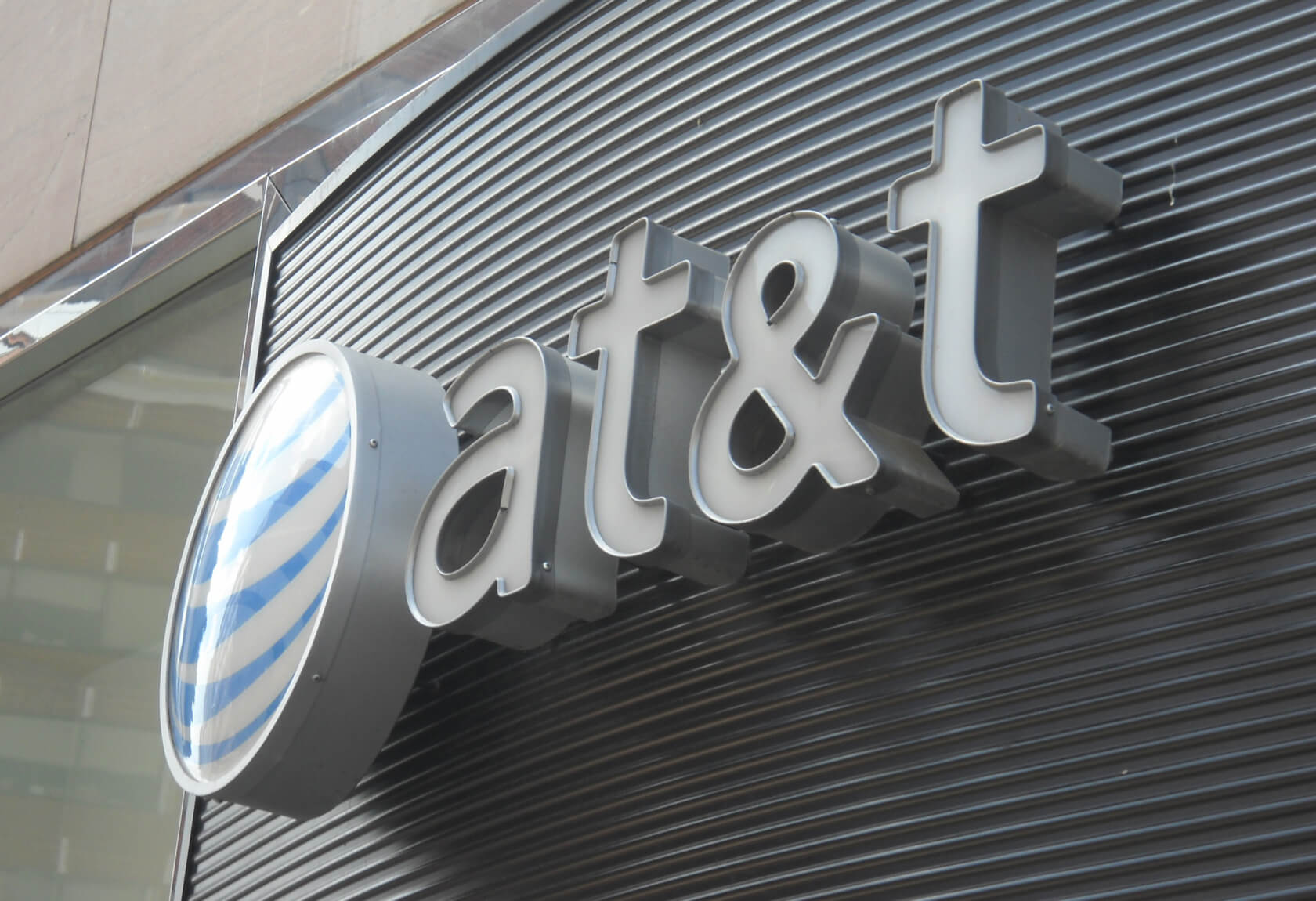AT&T announced today that all 50 states are on board with its plan to build a dedicated broadband network for first responders. Three other U.S. territories have also opted into the program.
Reuters reports that a federal commission proposed a nationwide cellular emergency system just after the attacks on the World Trade Center building in 2001. It wasn't until 2012 that Congress enacted the First Responder Network Authority (FirstNet), but the telecom giant was not awarded the contract until March of this year.
The agreement includes 20 megahertz of wireless airwaves and $6.5 billion over the next five years based on success. AT&T expects to invest another $40 billion into it over the next 25 years as they establish and service the network.
Firstnet will be a "public safety" network that will allow emergency responders to get information quickly during crisis events when regular cellular service is often bogged down by affected citizens trying to reach loved ones.
"The FirstNet mission is to deploy, operate, maintain, and improve the first high-speed, nationwide wireless broadband network dedicated to public safety. This reliable, highly secure, interoperable, and innovative public safety communications platform will bring 21st-century tools to public safety agencies and first responders, allowing them to get more information quickly and helping them to make faster and better decisions."

Rate plans for the network have not been announced yet, but as a platform for public service, programs will be targeted toward government agencies (police, fire, EMS). At about $1.6 billion per year to maintain, rates will probably be somewhat high. However, associated costs for a state to build and maintain its own emergency network would likely be much higher.
In addition to the 50 U.S. states that have agreed to utilize the network (as opposed to building their own), Washington D.C., Puerto Rico, and the U.S. Virgin Islands have also chosen to adopt the system. American Samoa, Guam, and the Northern Mariana Islands are also eligible for inclusion and have until March 12, 2018, to decide if they want to opt out.
According to analysts on Wall Street, AT&T can use FirstNet to widen its broadband coverage. The extra 20 Mhz that it has been awarded can be utilized to extend its bandwidth to regular customers when first responders are not using the system. This could mean a boost to broadband service for the telecom, which has been criticized in the past for throttling and usage caps.
